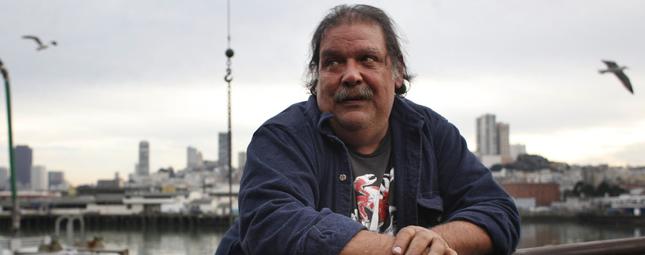‘Deadliest Catch’-22: Shutdown may ground crabbing fleet, spoil industry’s richest month
The pots are stacked and the boats are packed with crews craving fishing season’s most fruitful frenzy – the one-month, multimillion-dollar harvest of red king crabs from the ocean floors near Alaska’s shores.
Now, the dreariest catch: the federal shutdown means no crabbing permits are being granted to the boats’ skippers. Without those licenses, dozens of vessels will remain docked indefinitely, their captains legally barred from dropping baited traps, or “pots,” on the season’s opening day, Oct. 15. That would, in turn, leave the crabbing industry reeling and would financially swamp hundreds of fishermen, who earn half of their annual pay during the four-week king-crabbing spree.
Thanks to Capitol Hill’s political snag, the Super Bowl of fishing seasons may be delayed or canceled, spawning global crustacean frustration, from wholesale markets and restaurants touting their superior shellfish to the world’s most crucial crab consumers – Japanese citizens who mark an annual, pre-winter holiday by giving and devouring the gift of red king crabs.
“Tens of millions of dollars are potentially at risk if we can’t get the product to market in time for the holiday season in Japan,” said Mark Gleason, executive director of Alaska Bering Sea Crabbers, a trade association that represents most of the crab fishermen who work aboard 80 boats, some made famous through the TV show “Deadliest Catch.”
Read the full story here.

